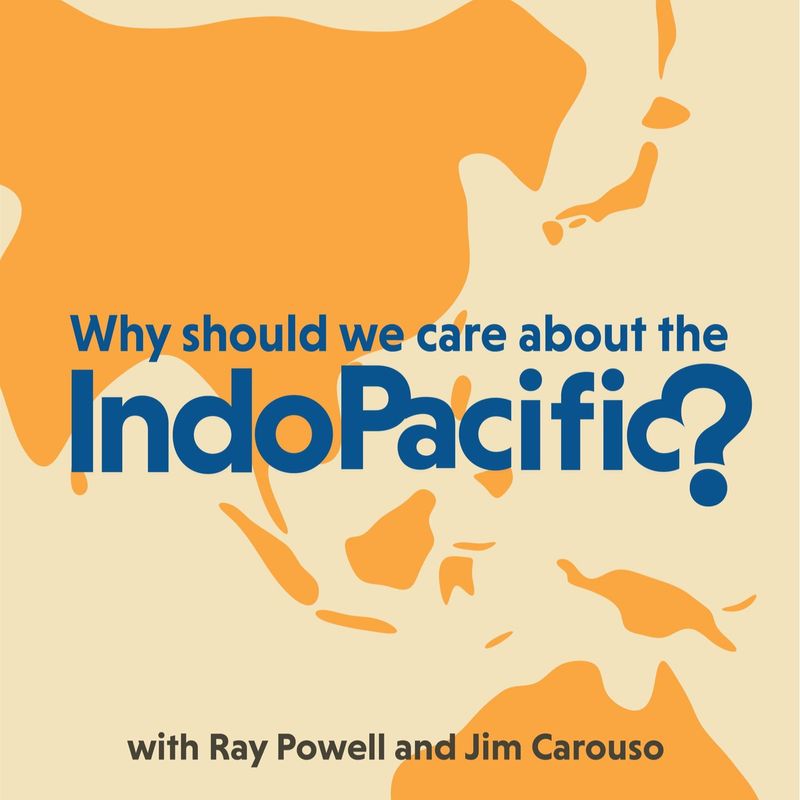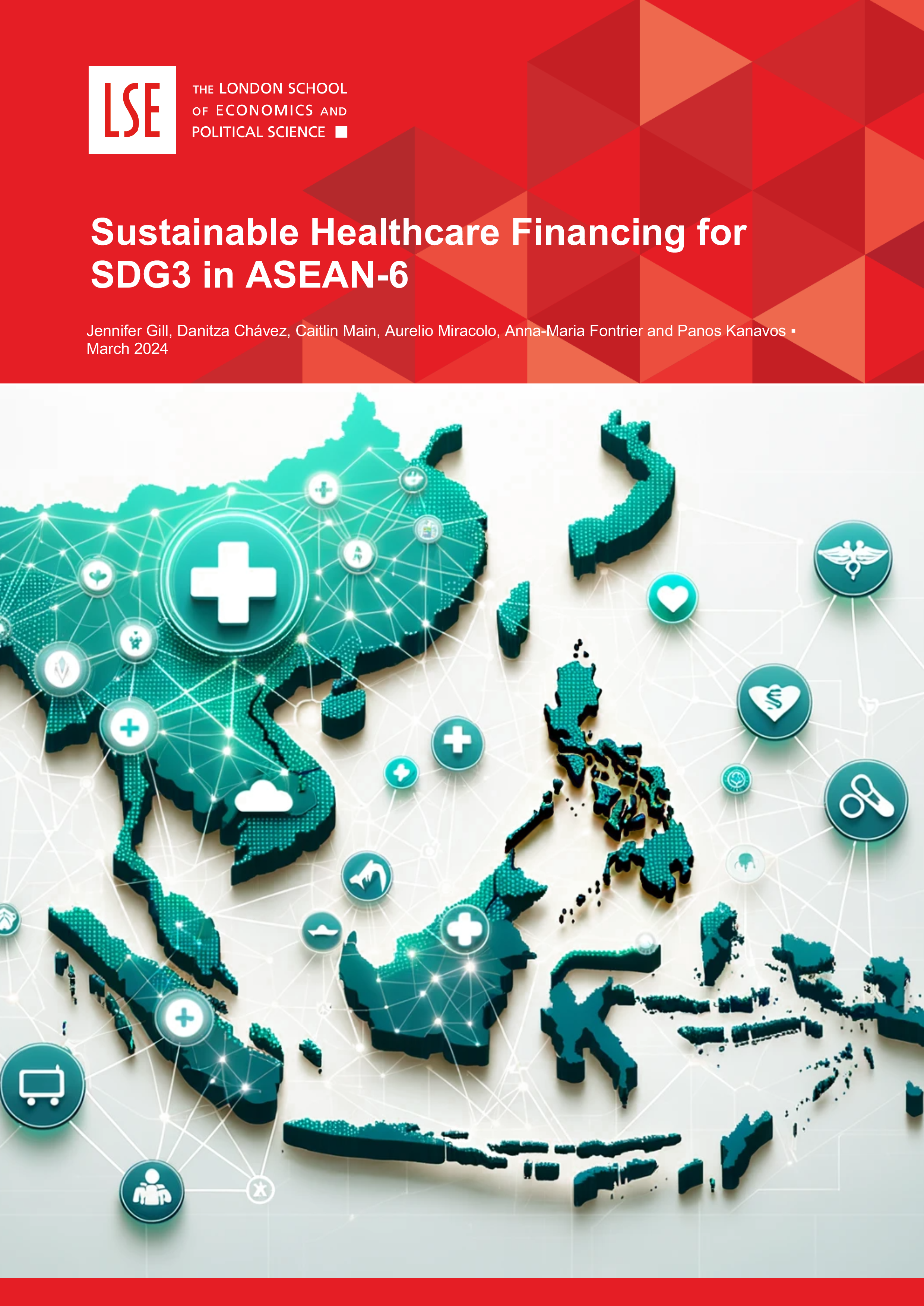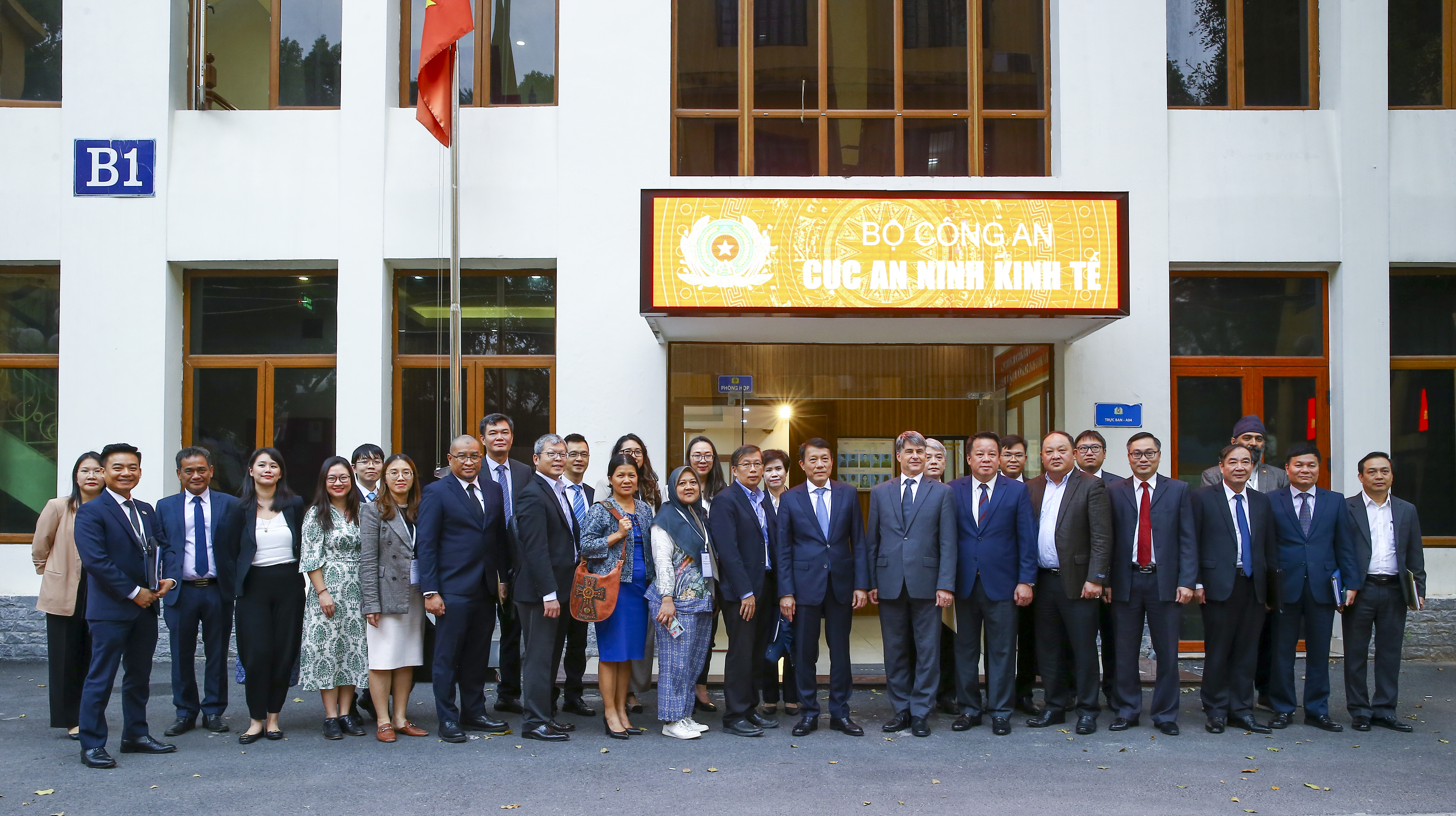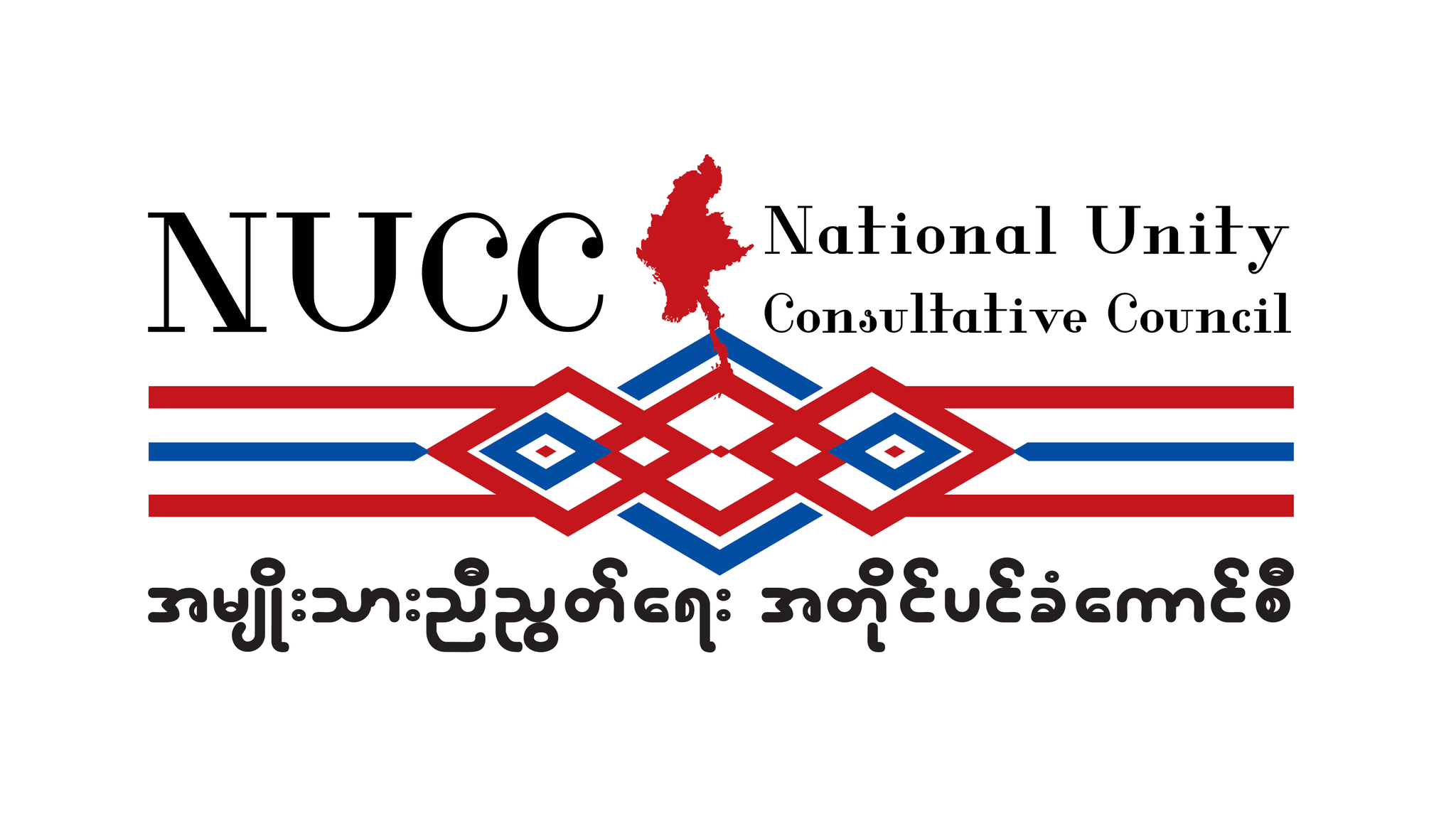2024 National Budget

On December 20, 2023, President Ferdinand Marcos’ Jr., approved and signed the General Appropriations Act (GAA) of 2024, which outlines the Government’s budget for this fiscal year. Themed “Agenda for Prosperity: Securing a Future-Proof and Sustainable Economy”, the budget amounts to a total of PHP 5.768 T (~USD 104.6 B), 9.49% greater than the 2023 budget, which totaled to PHP 5.3 T (~USD 95.6 B). The increase is typical. The 2024 budget is expected to be 21.7% of the country’s GDP. The budget is based on the Government’s Medium-Term Fiscal Framework (MTFF) and is expected to support the priorities and policy directions of the administration’s 8-Point Socioeconomic Agenda and the Philippine Development Plan (PDP) 2023 to 2028.
Budget Priorities
Among the priority plans under the budget include (i) boosting agricultural production, (ii) improving road network plans, (iii) aggressively promoting renewable energy, (iv) prioritizing food, education, health, jobs, and social protection, (v) fostering a culture of innovation through research and development, (vi) utilizing digitalization to improve ease of doing business; and (VII) and increasing funding for national defense.
In comparison to the 2023 budget, allocations for priority sectors such as education, interior and local government, defense, transportation, social welfare, agriculture, and the judiciary generally increased; while allocations for public works, health, and labor and employment decreased. Similarly, the below infographic represents the budget dimensions by sector.

Impact on the Private Sector
The national budget, which aims to combat inflation, sustain post-COVID-19 recovery, create further employment opportunities, and enhance the quality of life for Filipinos, has a substantial impact on the private sector. In President Marcos’ budget message, he reiterated his objective of solidifying the country’s reputation as an attractive and reliable investment destination. According to the Department of Budget and Management (DBM), the passage of the Passive Income and Financial Intermediary Taxation Bill, the imposition of value added tax (VAT) on digital service providers, and the collection of excise taxes on single-use plastic and pre-mixed alcohol are expected to further strengthen revenue growth in line with the budget. Furthermore, to support the implementation of the budget, the Legislative-Executive Development Advisory Council (LEDAC), chaired by the President, ensured that legislative priorities for 2024 will be centered on resource mobilization, increased efficiency in government spending, and trade and investment facilitation. Businesses need to monitor and adapt to budgetary changes (e.g., taxation, government spending, regulatory changes, interest rates) and at the same time, look forward to additional investment and partnership opportunities across a wide range of sectors, such as infrastructure, health, and education.
Budget Observations
Observers believe that while a lower debt-to-GDP ratio is expected from this budget, deficits and debts remain risky in the current global financial environment that is pushing interest rates up in the Philippines. Higher interest rates mean higher borrowing costs, and that makes deficits riskier than they otherwise would be. Similarly, critics opined that while overall budget for social services remain the highest budget dimension by sector, specific social assistance programs under social welfare, labor, health, and education departments, as well as emergency assistance programs were reduced significantly. Civil society groups have also warned against the increase in notionally audited but practically opaque confidential and intelligence funds. These collectively result in the lack of urgent relief amidst rising prices and joblessness. On the other hand, the Government underscored that the swift enactment of the GAA is a testament to the strong collaboration of the President and members of both Houses of Congress.
Budget Cycle
On August 2, the executive branch of government submitted its proposed budget to the legislature. On September 27, the House of Representatives passed House Bill 8980 FY 2024 General Appropriations Bill (GAB) despite criticism from the miniscule opposition bloc, with a total of 296 lawmakers in favor of the bill’s passage and 3 lawmakers voting against it. On November 28, 2023, 20 of 21 Senators approved the FY 2024 GAB. On December 11, The Senate and the House separately ratified the bicameral conference committee report (attached), reconciling the two chambers’ versions of the budget bill. President Marcos signed the budget into law on December, and the pertinent documents related to the GAA can be accessed on the DBM’s website.
On December 6, the Council invited Congresswoman Stella Luz Quimbo, Senior Vice Chairperson of the Committee on Appropriations, who provided the Philippine Committee members a comprehensive briefing on the General Appropriations Bill and other upcoming priority legislation.
Additional Commentaries and Reactions to the Budget
- https://neda.gov.ph/2024-budget-seen-to-spur-countrys-economic-growth-next-year/
- https://www.businesstimes.com.sg/international/philippines-marcos-signs-law-record-us103-billion-budget-2024
- https://www.gmanetwork.com/news/topstories/nation/891869/marcos-inks-p5-768-t-nat-l-budget-for-2024/story/
- https://mb.com.ph/2023/12/12/let-the-2024-budget-help-shape-a-better-philippines











